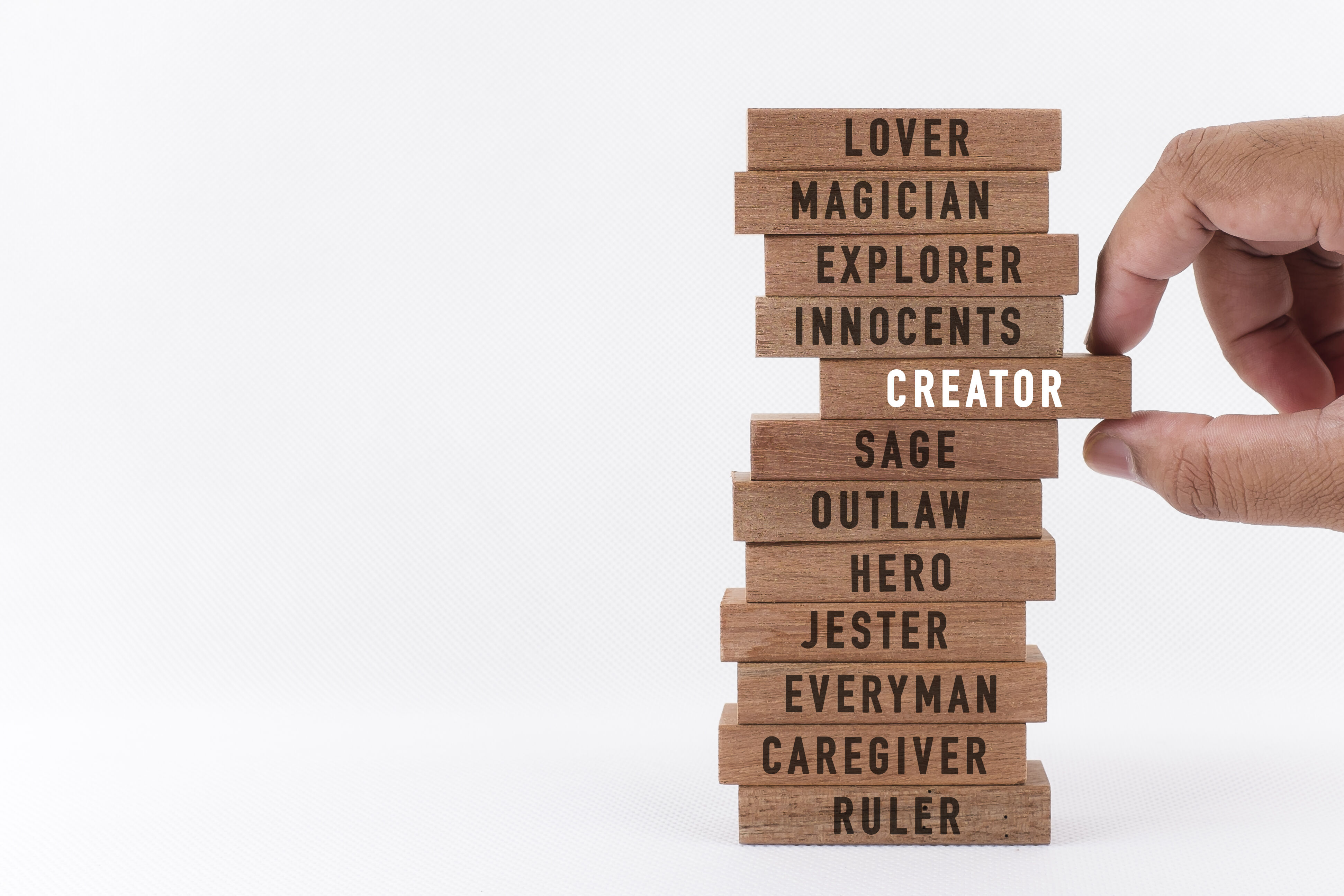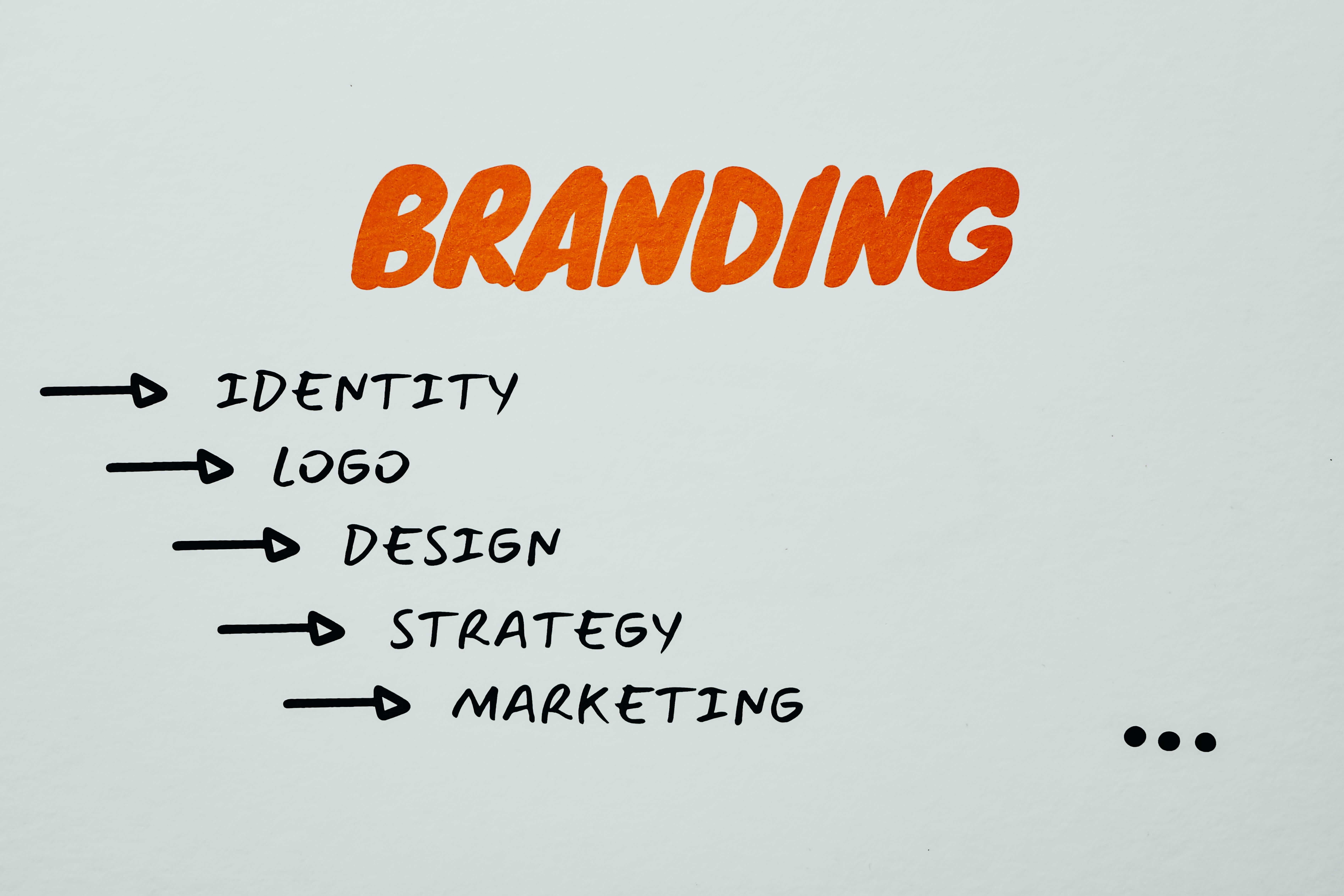What is a brand archetype? Many people might not know the answer to this question. A brand archetype is a template that represents a brand. Businesses can use archetypes when creating their brand identity and developing a brand strategy. Brand archetypes make branding more memorable and recognizable to their target audience.
As a business, it's not enough to just have a pretty logo or a catchy slogan. You need to connect with people on a deeper level, tapping into their emotions and getting them excited about your product or service. Consumers rarely make rational purchasing decisions and are guided by emotion.
That's why good branding is so important. It helps create an emotional connection between your company and your customers. And when people feel connected to your brand, they're more likely to take action, whether that means buying your product or service or completing a contact form.
In this blog post, we will discuss what brand archetypes are, how they can help businesses create extraordinary brands, and why it's important to use them.
What’s A Brand Archetype?

Psychoanalyst Carl Jung developed archetypes after noticing certain personality traits repeated throughout various stories throughout history. He theorized that humans use symbolism to understand the world, and that recognition of the qualities of the different archetypes was rooted in our collective unconscious.
Your business can adopt an archetype that represents your brand and use it to showcase your brand personality. This can be a significant benefit - archetypes help customers instinctively understand certain things about you. By aligning with a specific brand archetype, you can use it (and its motto, philosophy, values, and goals) to express your brand personality and build an emotional connection with your target market.
Brand Archetypes - A Key Component Of Brand Strategy
Brand archetypes tell a story, and as a business, your origin story is unique to you, even in a crowded field. Using your brand archetype is a great way to make your brand stand out - a vital component of brand strategy. Your story can make your brand more emotionally appealing to your customer, illustrate your ability to meet challenges head-on, or express your understanding of your target audience and their pain points.
Since brand archetypes represent specific universal characteristics, they can provide a clear image in your customer’s mind of your brand's personality and ideals, cementing the impression of your brand identity. This helps your brand develop a deeper connection with your target audience - customers feel like they know you and can identify with you.
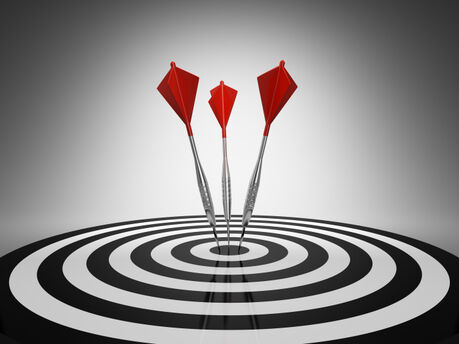
Using Brand Archetypes To Keep Messaging Consistent
With your archetype planted in your mind, your brand messaging in marketing campaigns and on social media is consistent in identity, personality, and tone of voice. It’s a simple check to ask “How would The Sage say this?” or “What would The Explorer do?” before hitting “Post” or "Publish". Writing from the viewpoint of your archetype keeps your brand voice consistent.
Consistency with your brand messaging is crucial in advertising campaigns because consistency builds trust and trust builds loyalty. Customers purchase your reputation and the image they have of your brand just as much as the product itself. The more a customer identifies with your brand, the more loyal they’ll be.
About The 12 Brand Archetypes
So where does your company fit into the world of brand archetypes? Which best represents your vision? Let’s explore each of the 12 brand archetypes to help you get started.
The Sage Archetype
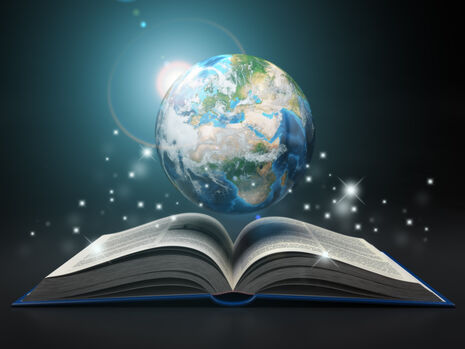
The Sage is known for being a reliable source of knowledge and truth and can be trusted to help folks understand the world around them. A successful Sage Brand will have consistent, updated content with credible information readily available to their customers.
Believes In: Wisdom and understanding
Goal: Use intelligence to understand the world
The Sage Brands You Know: Google, BBC
The Magician Archetype
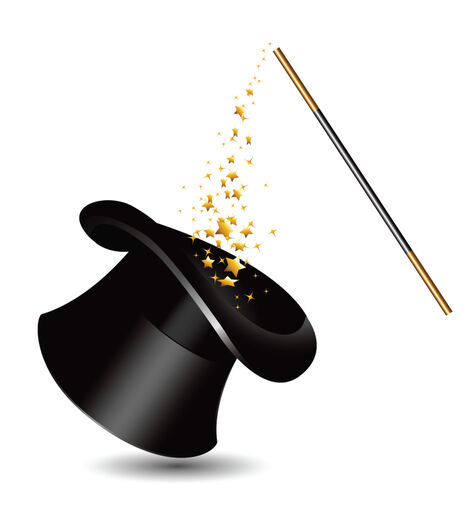
Like Magicians themselves, Magician Brands are known for their imagination, creativity, and their talent for constructing transformative experiences. Not surprisingly, the Magician Brand Archetype is strongly represented in the entertainment industry.
Believes In: Making the impossible possible
Goal: To make dreams come true
The Magician Brands You Know: Disney, Dyson
The Hero Archetype
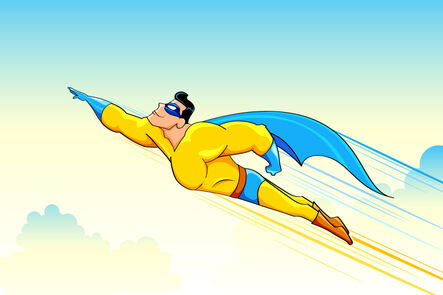
Known for courage, inspiration, and confidence Hero Brands work hard and inspires others to do the same. Heroes aren’t afraid of adversity and will always rise to a challenge. Hero Brands often have easily recognized representatives - anyone of a certain age group will remember Michael Jordan’s ad for Gatorade featuring the song “If I Could Be Like Mike”. The commercial featured both clips of some of Jordan’s greatest NBA moments, and regular kids and adults, inspired to “Be Like Mike”.
Believes In: Inspiration to create positive change
Goal: To exert mastery in a way that improves the world
The Hero Brands You Know: Nike, The Red Cross
The Jester Archetype
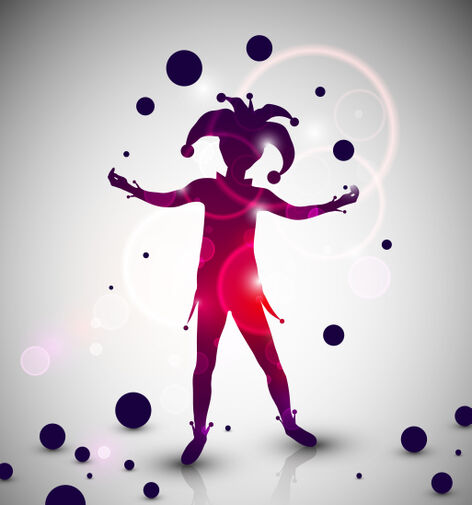
The Jester Archetype is all about laughter, fun, and not taking anything too seriously. They are here for a good time and want everyone else to have a good time too. One thing to keep in mind as a Jester Brand - is it’s important to know where the line is and take care to observe it at all times.
Believes In: Humor and playfulness
Goal: To have a fun time and light up the room
The Jester Brands You Know: Geico, Old Spice
The Caregiver Archetype

The Caregiver is a nurturer, full of empathy, understanding, and compassion. Caregiver brands make their customers feel safe and supported and cared for.
Believes In: Compassion and nurturing
Goal: To Help Others
The Caregiver Brands You Know: Pampers, TOMS
The Explorer Archetype

The Explorer Archetype is all about travel, adventure, and new horizons. Explorer Brands tend to play to the fact that their target audience is easily bored and always on a quest for a new adventure.
Believes In: Freedom and adventure
Goal: To experience a fulfilling and authentic life
The Explorer Brands You Know: Jeep, The North Face*
*The North Face's famous slogan directly references its brand archetype - “Never Stop Exploring”
The Outlaw Archetype
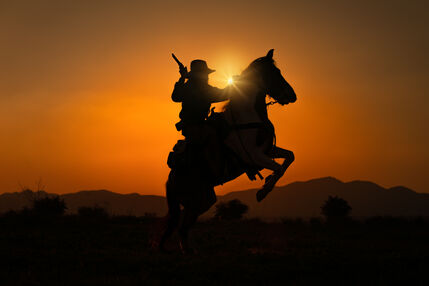
As the name suggests, the Outlaw Archetype is all about freedom and nonconformity. They are aggressively against the norm. An Outlaw Brand is ready for the revolution and willing to fight to destroy the ordinary.
Believes In: Breaking rules and defying the status quo
Goal: To destroy what isn’t working
The Outlaw Brands You Know: Harley Davidson, Uber
The Lover Archetype
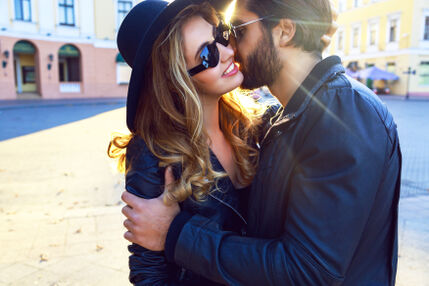
For the Lover Archetype, romance, attraction, passion, and emotions are above everything else. Lover Brands know their customers want close relationships and shared experiences, and thrive on building connections.
Believes In: Passion, sensualists, beauty
Goal: To be in a relationship with things they love
The Lover Brands You Know: Victoria’s Secret, Godiva Chocolate
The Ruler Archetype
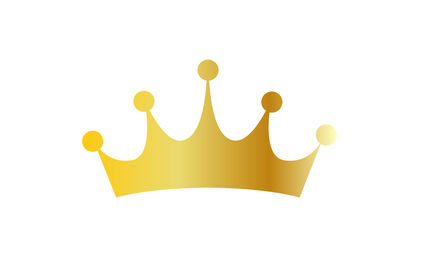
The Ruler Archetype radiates power, domination, wealth, and success. They are the best of the best and strive to gain and retain control. Ruler Brands are less wordy in their copy, and more minimal when it comes to design and style.
Believes In: Influence, status, luxury, and control
Goal: To create prosperity and success
The Ruler Brands You Know: Mercedes-Benz, Rolex
The Creator Archetype
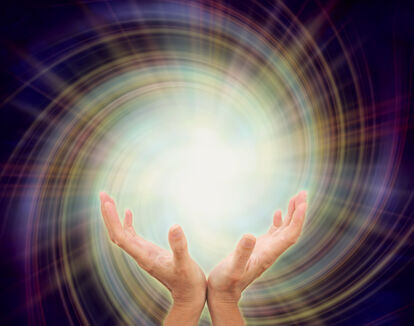
The Creator is an innovator and a nonconformist. The Creator Brand represents enduring value and aims to stand out from the crowd. They are artistic and consistently strive for authentic freedom of expression, solving problems with things that didn’t used to exist. Creator Brands are staunchly opposed to mediocrity.
Believes In: Innovation, trend-setting, enduring value
Goal: To give form to a vision
The Creator Brands You Know: Apple, Lego
The Innocent Archetype

The Innocent is pure, natural, and authentic. Innocent Brands have a cheerful disposition and value honesty and transparency. The Innocent Brand Archetype is well represented in the organic and natural food industries.
Believes In: Optimism, honesty, and simplicity
Goal: To be happy
The Innocent Brands You Know: Dove, Coca-Cola
The Everyman Archetype

The Everyman is comfortable, friendly, and down-to-earth. The Everyman likes belonging and fitting in with the crowd. Everyman Brands are inclusive and not elite - they are normal and believe that’s OK.
Believes In: Approachability, modesty, relatability
Goal: To belong
The Everyman Brands You Know: Ikea, Home Depot
One Company, Multiple Archetypes
What if your brand personality fits with more than one brand archetype? That's OK because it's not so black and white. A brand can have characteristics of multiple archetypes because it meets the different needs of different people. There could also be different aspects to your product where the brand archetype is varied. For instance, Apple is a Creator Brand, but if one of your devices breaks, and you send it back to AppleCare to get fixed, suddenly they are a Caregiver Brand for you.
As important as it is to identify your brand archetype, it's equally important to be able to be a bit fluid with it as the conditions of your market or the times require.
Looking For More?
Developing and honing a brand strategy is an ongoing creative process for any business. Whether you're starting from scratch or just looking to inject more of your brand personality into your advertising campaigns, we're here to help! As a company, it can only benefit you to know yourself better, and we would love to help you do so! If you’d like to dig deeper into how to build your brand or have any questions about brand archetypes, please get in touch.
